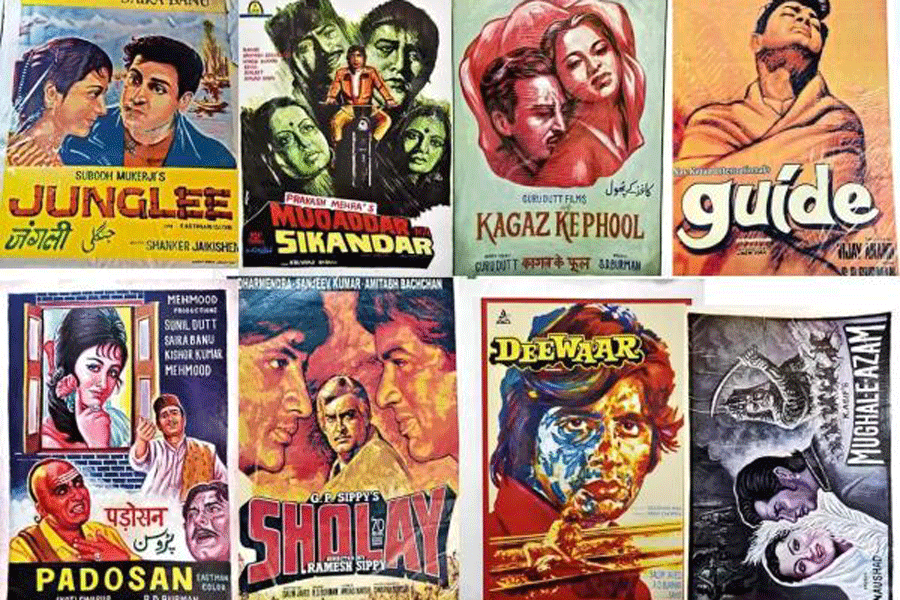Book: FILMI STORIES
Author: Kunal Basu
Published by: Vintage
Price: ₹499
Kunal Basu’s latest book is a short-story collection. He wrote them around the time when the world was devastated by the Covid-19 pandemic “to drive out the despair that was filling [him] up like smoke in a chimney stack.”
In the prologue, Basu notes that these stories had “something about them” that made him think of them as filmi stories. It could be the dramatic encounters that occur in these stories. Perhaps the lively characters they introduce make it tempting to think that they deserve screen adaptation. But the finesse with which Basu constructs the world in which they’re set or the way he creates situations that merit the kind of behaviours or dilemmas his characters experience may or may not get captured as precisely on celluloid.
Take the first story, “OK TATA”, for example. Although it reminds one of the many bonds between truck drivers and their apprentices that several movies may have explored, the distinct way in which it unfolds and the subliminal social interactions it portrays are hard to act out. But there’s enough masala in it to make it Bollywood-esque.
Then there are stories like “Struggler” that make one yearn for someone to adapt it for the screen. Despite the rich-poor and successful-struggler binaries, it depicts a scintilla of dramatic emotions. There’s the privilege-blindness in Abhilash Shukla’s family on one hand and there’s the everyday cheeriness among the Bombay locals who ready themselves for yet another day of toil — to realise their dreams, to free themselves of the ‘struggler’ tag — on the other. There are some catchy lines in this story too. For example, Mr Shukla’s famous lecture to his staff: “In life, accidents matter more than plans.”
I feel this to be the defining feature of the rest of the stories. One can sense that in “Jailbirds”, or even in “Patna”. Then there’s the deliberate way in which Basu weaves in cinematic metaphors and similes that are amusing to read. Here’s one, for instance, from the story titled “Fake”: “It’s impossible for the owner to make a comeback like a failed actor.”
Be it the familiar dialogues — as in “The Enemy” — or the setting in which a set of rehearsed responses can be witnessed — in “Fake” — or the ‘innocent man taken for a ride in a corrupt world’ kind of a story — “Passport Wallah” — the penetrating way in which Basu captures the deepest insecurities underlining the commonplace behaviour of laypersons and depicts disturbing realities is a testament to his merit as a storyteller.
Additionally, it helps that he has written for the cine world, for he knows how to strike a balance between the predictable and the surprising elements in telling a story. This is the reason why almost all the stories in this collection have a distinct cinematic appeal, which may have happened by default. But the way they hyper-focus on particularities makes them fun to read.










